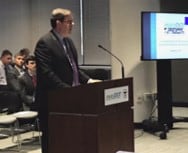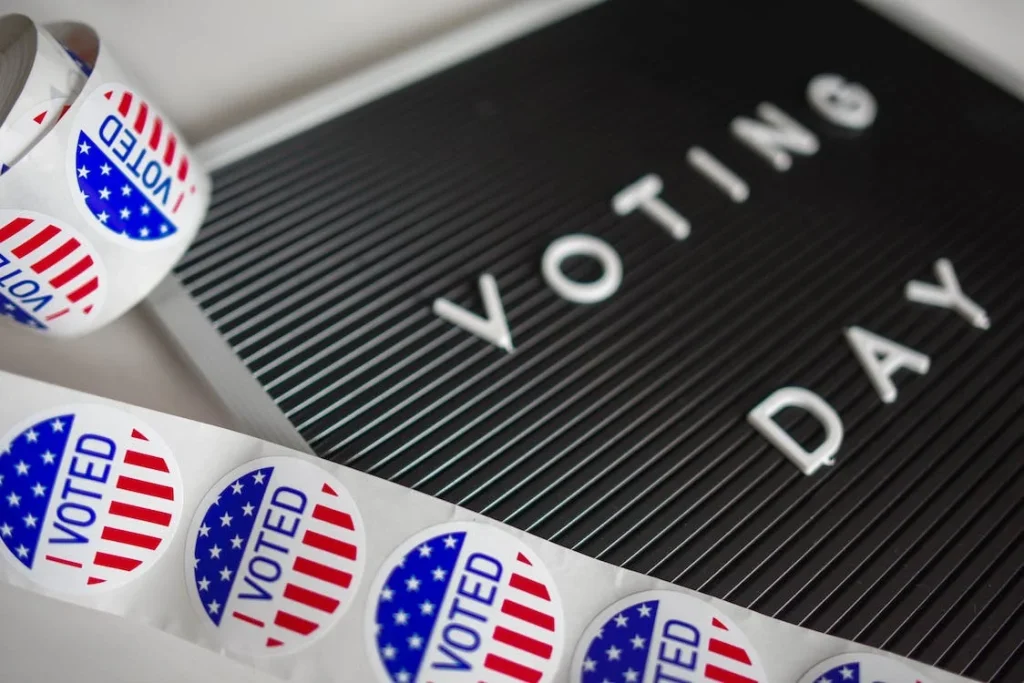MassTLC supports policies that promote the growth of innovative technologies and business models in Massachusetts. On September 19, 2017, I had the opportunity to testify before the state’s Automated Vehicles Working Group, established by Executive Order in October 2016 and chaired by Transportation Secretary Stephanie Pollack.
The AV Working Group encourages the development of autonomous vehicles and their component parts in Massachusetts, and works with companies in the sector to support innovation and development, and consider proposing changes to statutes or regulations to facilitate the widespread deployment of highly automated vehicles in Massachusetts while ensuring the safety of the public.

Massachusetts has an innovation legacy and capacity that has positioned the state to be a leader in the $7 trillion automated vehicle market, but other regions are aggressively competing to lead as well. We have the innovation capacity to lead and the political will to support AVs in Massachusetts. We support balancing innovation with consumer protection, but must be careful not to use AV legislation as a vehicle to advance other priorities that could have unintended consequences and play into the hands of another region that is seeking to overtake our lead.
Take Electric Vehicles (EVs) for example. The 2008 Global Warming Solutions Act requires Massachusetts to achieve greenhouse gas emissions reductions of 25% below 1990 emissions levels by 2020 and a reduction of at least 80% by 2050. We’re making great progress, having achieved a 21.3 % reduction as of 2014, and we’re thrilled to see that a couple of our AV companies are in fact testing on EV platforms. Stands to reason, therefore that if we require AVs to be EVs that it would drive greater EV adoption. Instead, this coupling disadvantages AV companies in Massachusetts who may have limited EV options from their automotive platform partners, supporting the growth of competing AV clusters and possibly costing us the opportunity to be the innovation leader in this new area. We therefore do not support the coupling of EVs with AVs, but encourage lawmakers to consider other levers to independently encourage the adoption of EVs while supporting the development of AVs.
The Vehicle Miles Traveled (VMT) tax is another example. As we transition all vehicle to EVs, a VMT tax could be more equitable than a gas tax as a mechanism for distributing infrastructure investment more equitably. A VMT tax could also create potential policy levers to incentivize desired behavior – for example, we might exempt the first million miles traveled by AVs to attract and support testing and deployment in MA; Other discounts could be made for zero emission vehicles, multiple passengers, off peak usage, usage in areas underserved by public transit, lower income, lighter vehicles, etc. Again, coupling VMT with AVs may seem attractive on the surface but could jeopardize our ability to foster the growth of AVs in MA. We therefore do not support the coupling of VMTs with AVs. We do not oppose moving to a VMT for all vehicles.
We urge the Working Group to recommend the development of policies that attract and support AV companies, while balancing essential consumer protections, and to avoid creating policies that might burden AV companies by coupling AV legislation with other state interests. A mere perception of limitations, red tape, or other burden, when coupled with other region’s pro-AV policies and active courting could determine whether we can be a leader in one of the most important technological shifts of our time.
We urge policymakers to take a light hand in legislation and focus on fostering responsible innovation while balancing consumer protection.

